Have you ever noticed how some dogs seem to thrive on predictability? Their tails wag in sync with your daily schedule, and any shift in routine can leave them looking puzzled or even a little lost. For these special dogs, structure isn’t just a preference—it’s a source of comfort and confidence. Whether you’re a proud pup parent or dreaming of adopting your next four-legged friend, understanding which breeds crave routine can make all the difference. Let’s dive into the world of dogs who live for schedules, and discover why structure is the secret to their happiness.
Border Collie
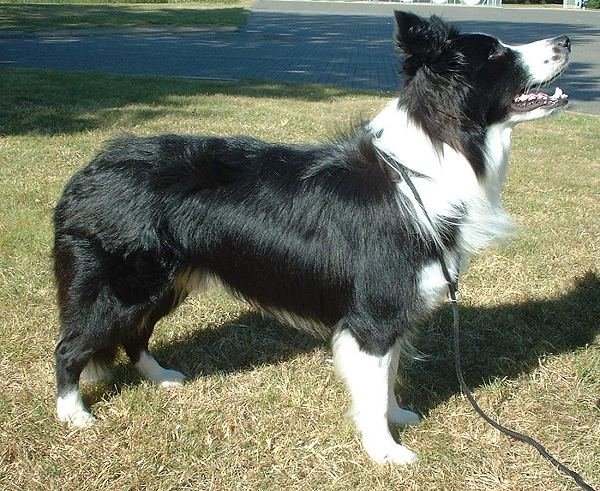
Border Collies are often hailed as the workaholics of the dog world. Born to herd and organize, these clever canines thrive when every day follows a predictable pattern. They love knowing exactly when it’s time to walk, train, and play. A Border Collie without a routine can quickly become bored, which may lead to mischief. Imagine a toddler with boundless energy and a love for puzzles—that’s a Border Collie! Regular activities, set feeding times, and consistent rules help them feel secure and focused. Owners often find that their Collie will even remind them if they’re late for a daily walk. When you give a Border Collie structure, you unlock their happiest, most obedient self.
German Shepherd
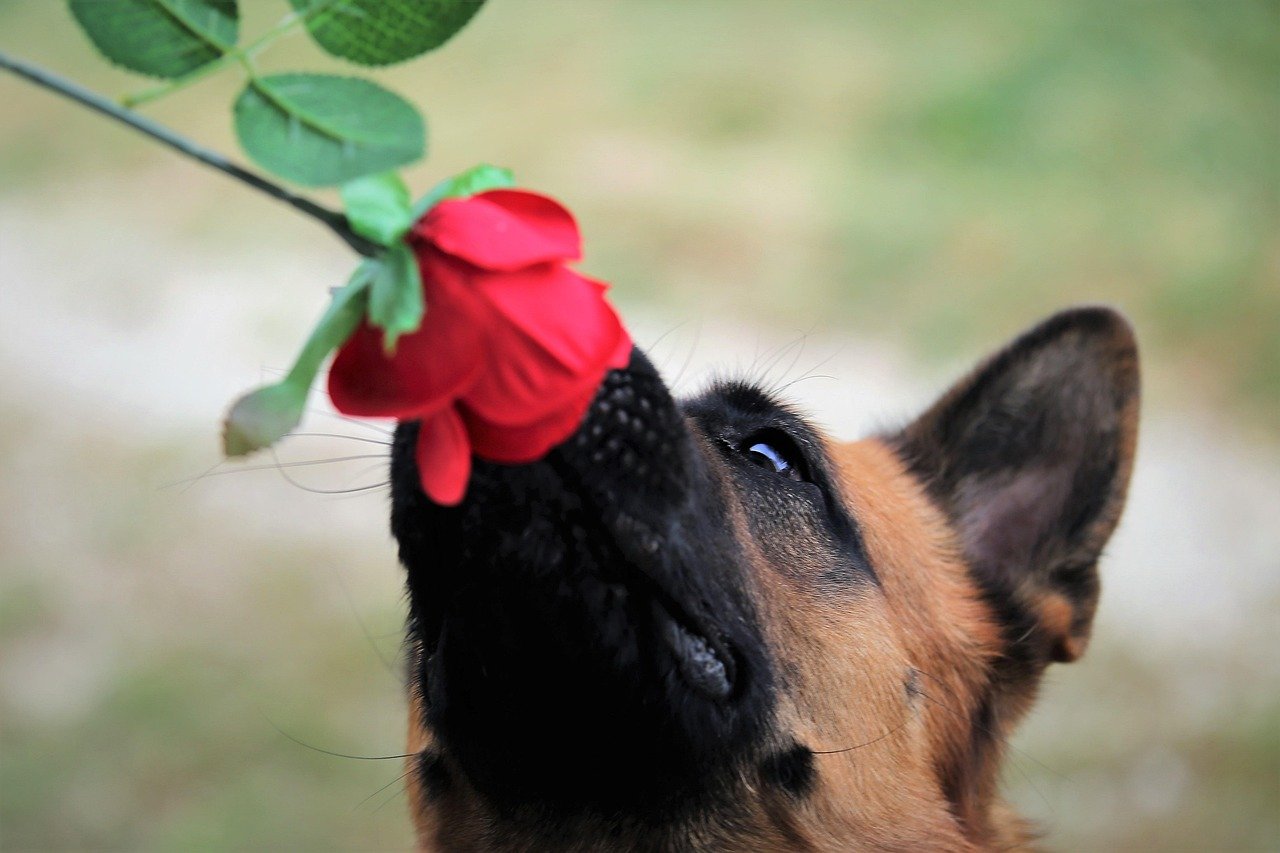
German Shepherds are famous for their discipline and intelligence, and it’s no coincidence they excel as police and service dogs. These loyal companions feel most at ease when they know what’s coming next. A structured day allows them to channel their energy and maintain their mental sharpness. Without clear routines, a German Shepherd can feel anxious or unsettled. Many owners notice that their Shepherd watches the clock, anticipating meals or the arrival of family members. For these dogs, routines aren’t just helpful—they’re essential for a sense of purpose. Structured training sessions and regular exercise keep their minds and bodies balanced.
Golden Retriever
Golden Retrievers are the cheerful optimists of the canine world, but even their sunny disposition benefits from a reliable schedule. They love the predictability of mealtime, walks, and family play. If you ever forget dinner, don’t be surprised if your Golden gives you a gentle nudge. Routine helps them know their place in the family, which boosts their confidence. A structured environment can also help curb their tendency to get overexcited or distracted. Think of a Golden Retriever as that friend who loves making plans—they just feel better when they know what’s going on.
Poodle
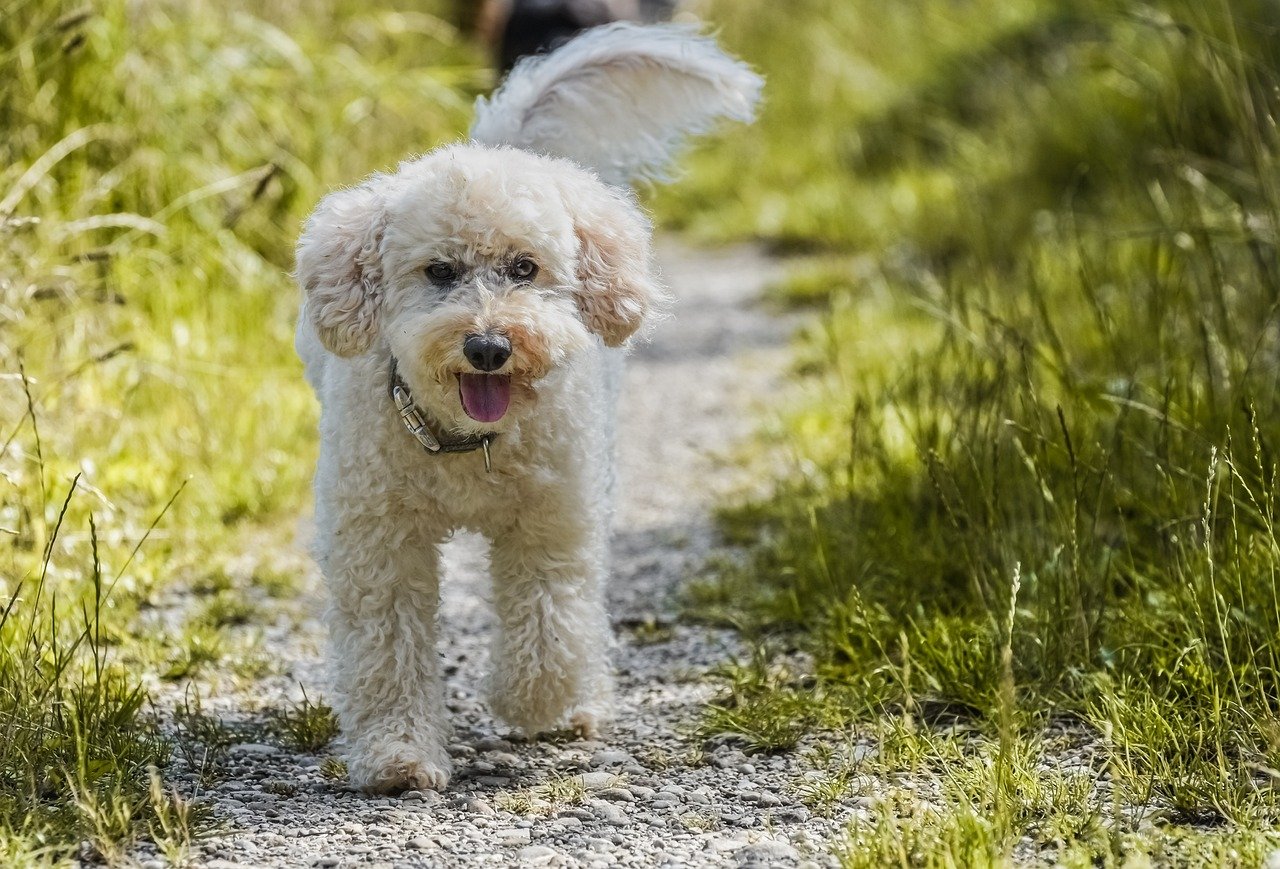
Poodles, whether Standard, Miniature, or Toy, are incredibly smart and sensitive. They pick up on household routines fast and get attached to them. A regular schedule helps these dogs feel at ease, reducing nervous habits or anxiety. If you vary their walk times too much, you might notice a Poodle pacing or acting restless. Owners often marvel at how their Poodle seems to anticipate every event, from breakfast to bedtime. Structure provides the mental stimulation Poodles crave and helps make training a breeze. For these curly companions, a predictable day is the key to a peaceful home.
Labrador Retriever
Labrador Retrievers may seem easygoing, but they absolutely bloom with structure. Labs are happiest when their days are filled with regular play, training, and meals. A routine helps channel their enthusiasm and keeps unwanted behaviors, like chewing or jumping, at bay. Labs often act like furry alarm clocks, sitting by the door at walk time or wagging for dinner exactly on schedule. Predictability reassures them and strengthens the bond with their humans. If you’re looking for a partner in routine, a Lab will eagerly sign up for every scheduled adventure.
Shetland Sheepdog
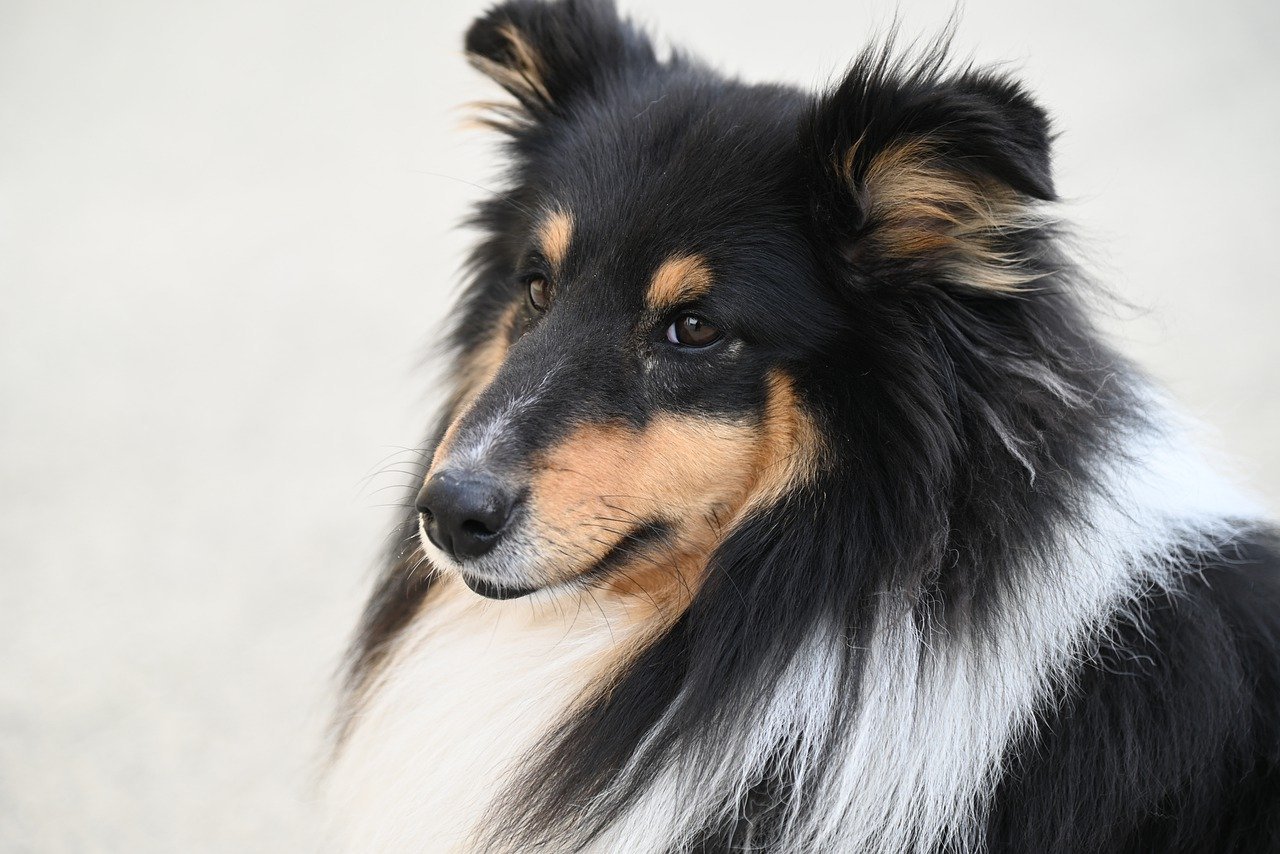
The Sheltie is a small dog with a big preference for routine. They’re intelligent and sensitive, often forming deep attachments to their family’s habits. Change can make a Sheltie uneasy, but consistency brings out their best traits. Daily walks, set training times, and regular meals help them feel safe and content. Shelties are known to excel in dog sports, thanks to their love of structure and order. If you’re the type who likes to plan ahead, a Sheltie will fit perfectly into your organized lifestyle.
Doberman Pinscher
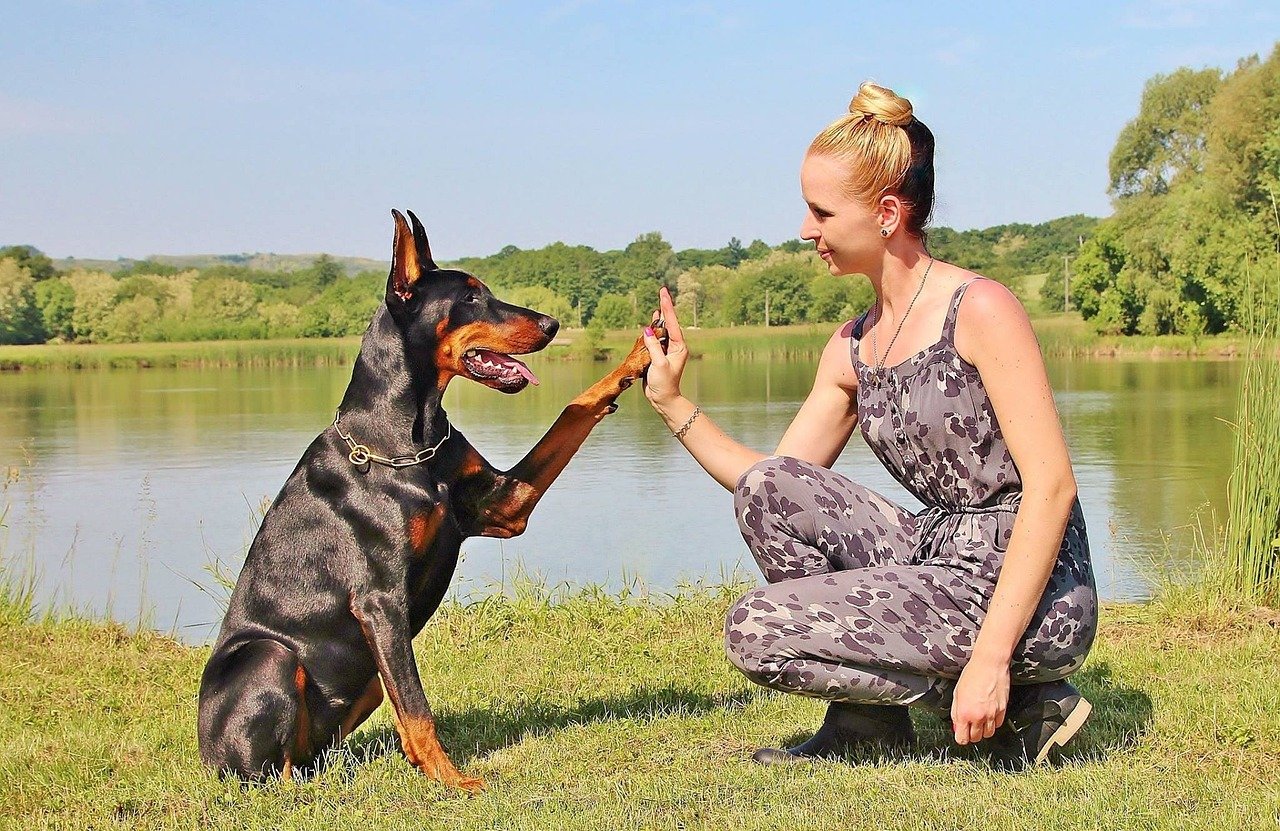
Dobermans are often misunderstood as aloof, but in reality, they are loyal dogs who find comfort in structure. They thrive on routines that include exercise, training, and affection. A Doberman without a set schedule can become anxious or even develop behavioral issues. Owners often find that their Doberman learns household routines quickly—sometimes even anticipating changes before they happen. Predictability helps them relax and focus, making them fantastic companions for those who like to keep life orderly. For Dobermans, structure equals security.
Boxer
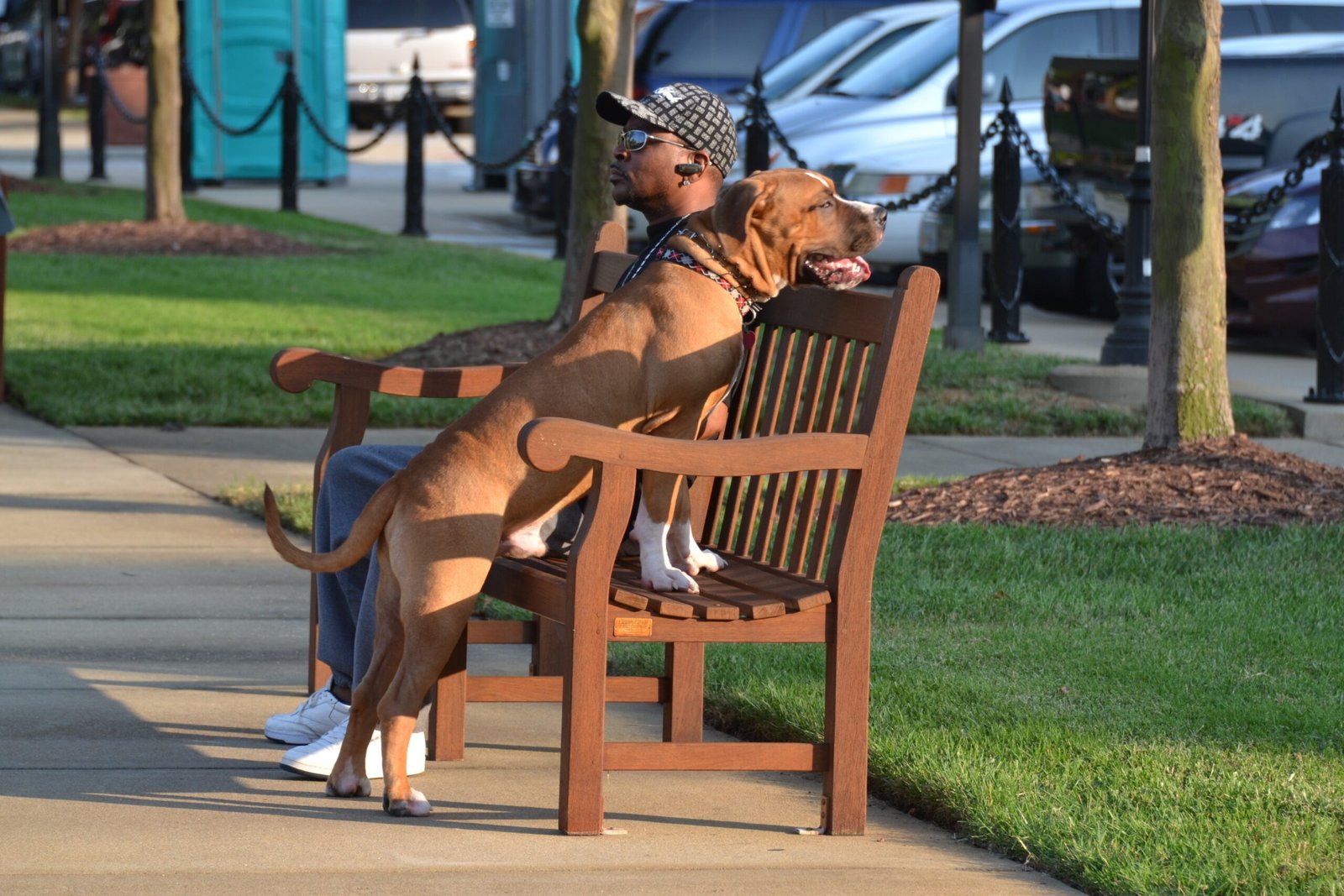
Boxers are known for their goofy, energetic personalities, but they rely heavily on routine to channel that energy in positive ways. A day without structure can leave a Boxer feeling lost or hyperactive. Regular exercise, playtime, and set mealtimes help them stay balanced and happy. Boxers often develop endearing habits, like waiting by the door at walk time or bringing you their leash right on schedule. They love knowing what’s next, and a predictable environment helps prevent destructive behaviors. For a Boxer, routine is the secret ingredient for a joyful life.
Australian Shepherd
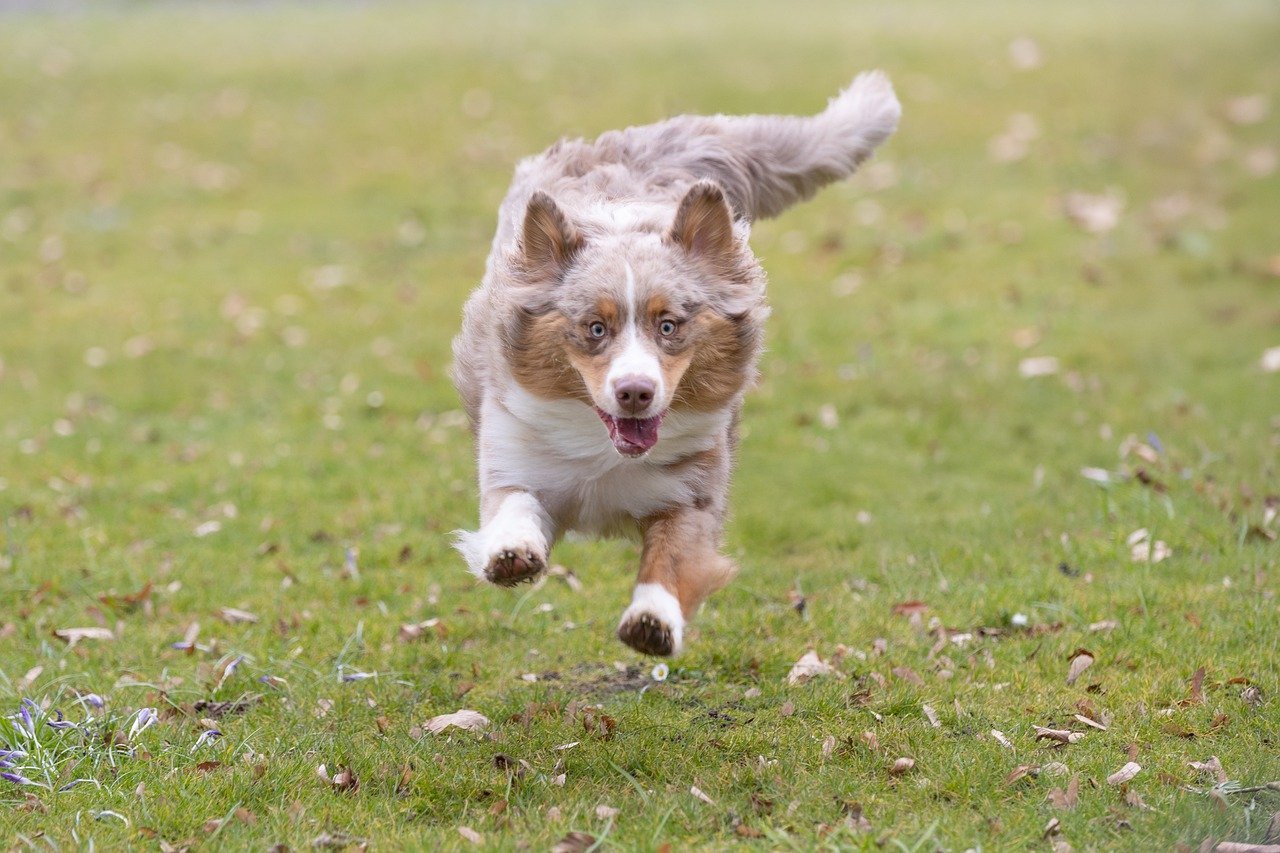
Australian Shepherds are natural herders, and with that comes a deep love of structure. They find joy in having a job to do and knowing what’s expected of them each day. Without routine, an Aussie can become restless or even try to “herd” their family members to restore order! Scheduled training, exercise, and play help keep their minds sharp and their spirits high. Australian Shepherds thrive in environments where predictability is the norm, and they reward their owners with loyalty and enthusiasm.
Miniature Schnauzer
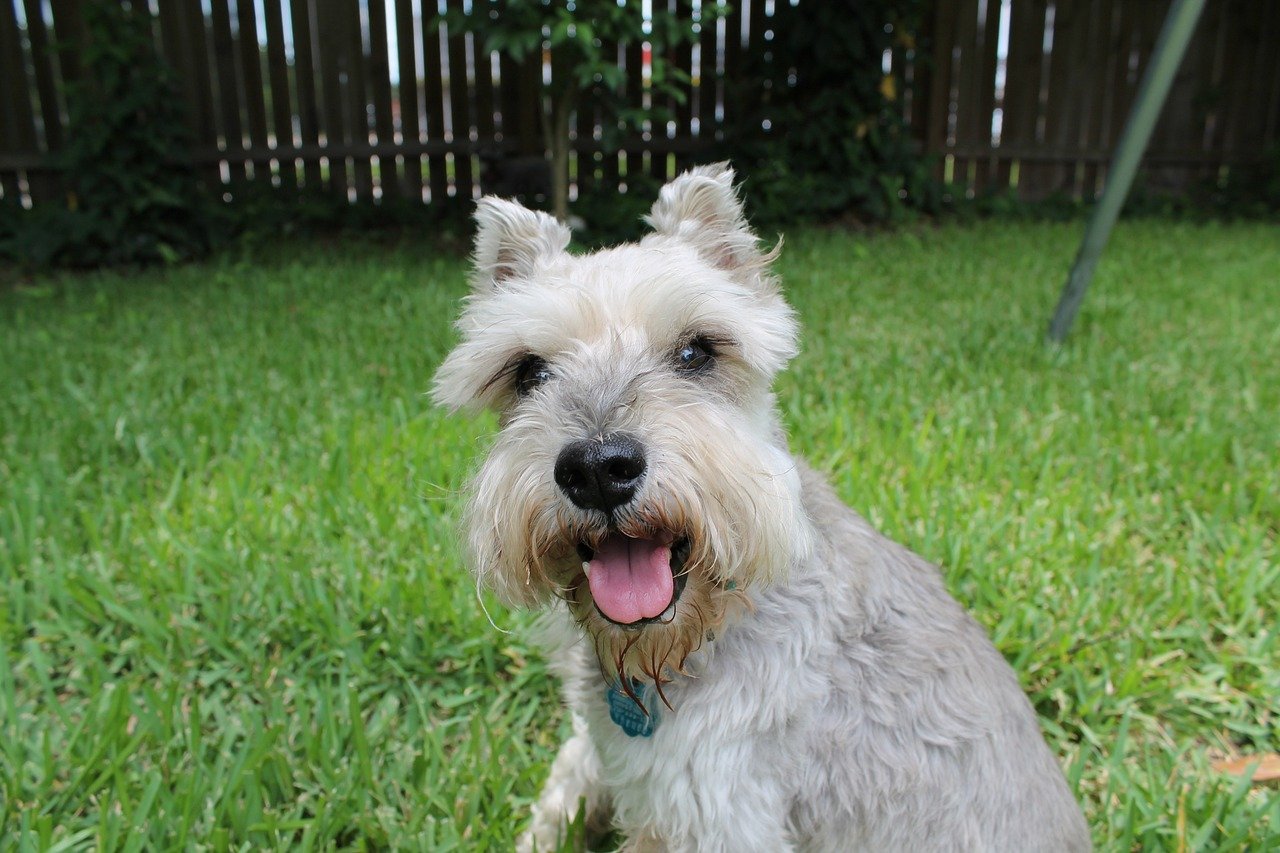
Miniature Schnauzers might be small, but they have a strong need for consistency. These alert, lively dogs quickly learn the household schedule and depend on it for their sense of security. Changes in routine can leave a Schnauzer feeling unsettled. They love knowing when it’s time for their walk, meal, or cuddle session. By sticking to a routine, owners can help these dogs stay calm and well-behaved. For Miniature Schnauzers, structure is like a warm, familiar blanket—they just feel better with it.
Cavalier King Charles Spaniel
Cavalier King Charles Spaniels are sweet, affectionate companions who latch onto the rhythms of family life. While they’re adaptable, they truly blossom with a regular routine. Predictable meal times, walks, and quiet moments help them feel secure. Cavalier owners often find that their dogs wait patiently for their daily rituals, whether it’s a morning snuggle or an evening stroll. Routine helps these gentle souls avoid anxiety and brings out their most loving, attentive side.
Belgian Malinois
Belgian Malinois are intense, energetic, and incredibly trainable—but they absolutely need structure to thrive. Without a routine filled with tasks, training, and exercise, a Malinois can become bored or even destructive. These dogs excel in service roles precisely because they love predictability and clear expectations. Owners who commit to a consistent schedule find themselves with a focused, eager partner. For Malinois, routine is more than comfort—it’s a necessity for a happy, well-balanced life.
Shih Tzu
Shih Tzus may look like pampered lap dogs, but they secretly crave a structured routine. They love knowing when it’s time for breakfast, walks, and especially snuggle sessions. Changes in schedule can leave them feeling out of sorts, sometimes leading to stubborn behavior. A predictable day helps Shih Tzus feel secure and content. Owners often notice that these dogs are happiest when their world is orderly, and they reward that structure with loyalty and affection.
Vizsla

Vizslas are affectionate, athletic dogs who form deep bonds with their families. They love the consistency of a daily schedule, from morning jogs to evening cuddles. Without a routine, a Vizsla can become anxious or clingy. Owners who stick to regular mealtimes, walks, and play sessions find their Vizsla is more relaxed and well-behaved. Predictability helps them channel their boundless energy into positive activities. For a Vizsla, routine is the glue that holds their world together.
English Springer Spaniel
English Springer Spaniels are cheerful, energetic, and thrive when their days follow a consistent pattern. They love having set times for walks, play, and training. A Springer without routine can become restless or even mischievous. Owners often find that their dog anticipates daily events, wagging excitedly when it’s time for their favorite activities. Structure helps these dogs feel secure and brings out their best qualities, making every day a joyful adventure.
Rottweiler

Rottweilers are confident, loyal, and surprisingly sensitive to changes in their environment. They feel safest when their world is predictable. A structured day—filled with regular training, exercise, and downtime—helps a Rottweiler stay calm and happy. Without routine, they may become anxious or overly protective. Owners who provide consistency find that their Rottweiler is not only well-behaved but also deeply bonded to the family. Routine is the anchor that keeps these gentle giants grounded.
Jen is a passionate nature lover and ocean conservationist. She has dedicated her life to protecting the environment and preserving the beauty of the natural world. Growing up in a small coastal town, Jen sincerely appreciated the ocean and its inhabitants. She has spent countless hours exploring the shoreline, learning about the creatures that inhabit the waters, and advocating for their protection. Jen is an active member of ocean conservation organizations, and she is committed to educating the public about the importance of conserving wildlife and the natural environment.





